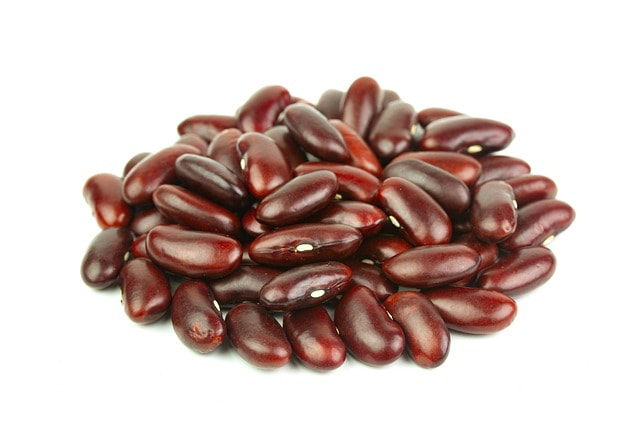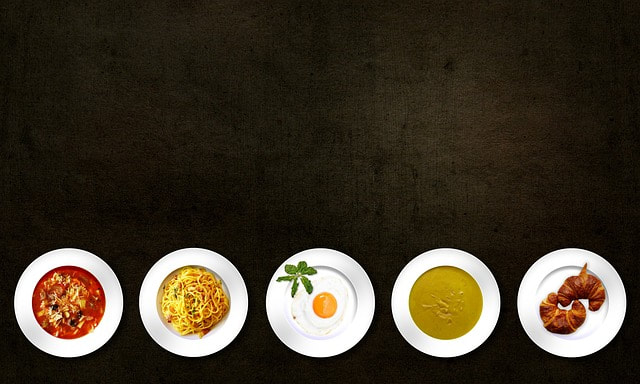
One form of choline is a key component of the flexible membranes that surround and define every cell in the body. We need a steady supply of choline to build and repair these cells, including your brain cells.
The body transforms choline into a neurotransmitter partly responsible for the encoding of episodic memories, meaning the stuff that happens to us in our lives. Choline is also vital for muscle control, mood, heartbeat, and various other neurological functions that rely on brain-body communication. Choline helps breaks down fats in the liver, which helps to regulate metabolism.
Humans produce choline in the liver, mostly in the form of phosphatidylcholine. The body may not make quite enough to meet our daily needs. One theory for this discrepancy is that the liver’s choline production serves as an emergency backup designed to prevent the body from falling apart when food is scarce. We need to include foods that contain choline in the diet. If we have too much choline in the body, the higher levels may be associated with a greater risk of cardiovascular disease.
It seems not enough choline is bad, and too much appears to be bad as well. Unfortunately, we don’t really know how much is optimal. There’s no official recommended daily allowance for choline. According to the National Institutes of Health (NIH) Office of Dietary Supplements, it depends on “the amount of methionine, betaine, and folate in the diet; gender; pregnancy; lactation; stage of development; ability to produce choline endogenously; and genetic mutations that affect choline needs.”
The National Academy of Medicine (NAM), which publishes recommendations for adequate daily intake (AI) of various nutrients suggests the following amounts:
- Birth to 6 months — 125 mg/day
- 7–12 months — 150 mg/day
- 1–3 years — 200 mg/day
- 4–8 years — 250 mg/day
- 9–13 years — 375 mg/day
- 14–18 years — 550 mg/day (males), 400 mg/day (females)
- 19+ years:
- Males: 550 mg/day
- Premenopausal females: 425 mg/day
- Lactating females: 450 mg/day
- Pregnant females: 550 mg/day
- Postmenopausal females: 550 mg/day
Some of the foods richest in choline come from animals, so it’s been argued that vegans and other plant-based eaters are at risk of choline deficiency. Luckily for those who do not eat flesh, certain vegetables and beans are a “rich source” of choline, with grains, nuts, and seeds being reliable sources in general. Although most people in the United States consume less than the National Academy of Medicine’s suggested AI of choline, choline deficiency in healthy, nonpregnant individuals is very rare, possibly because of the contribution of choline that the body makes naturally. There really isn’t enough dedicated research to draw a confident conclusion about choline needs at this point.
Choline is found in both animal products and plants, which makes sense since it’s required for cell membranes. Animal products tend to have higher concentrations of choline. Here’s how much choline you’ll find in 100 grams (about ¼ pound) of the following animal and plant products:
- beef: 110 mg
- salmon: 91 mg
- milk: 18 mg
- cottage cheese: 20 mg
- eggs: 230 mg
- egg yolks: 680 mg
- shitake mushrooms: 80 mg
- wheat germ: 153 mg
- cruciferous vegetables: about 50 mg
- almonds: 45 mg
- soybeans: 214 mg
- baby lima beans: 44 mg
- red potatoes: 29 mg
- kidney beans: 30 mg
Supplementation is an easy way to overconsume the nutrient. High doses (10,000–16,000 mg/day) of choline have been associated with a fishy body odor, vomiting, excessive salivation, and increased sweating. adults should take no more than 3,500 mg/day, the tolerable upper intake limit. Certain populations may see benefits from choline supplementation. The American Medical Association emphasizes the importance of choline during pregnancy and those with an increased risk of Alzheimer’s disease may also want to take supplemental choline. For some reason, Alzheimer’s patients exhibit lower levels of choline.
If you have concerns about your choline status, you may want to discuss the pros and cons of supplementation with a qualified health-care professional. Let me know what you think about your own intake of choline. Are you in the zone?
Sincerely,
KJ Landis


 RSS Feed
RSS Feed